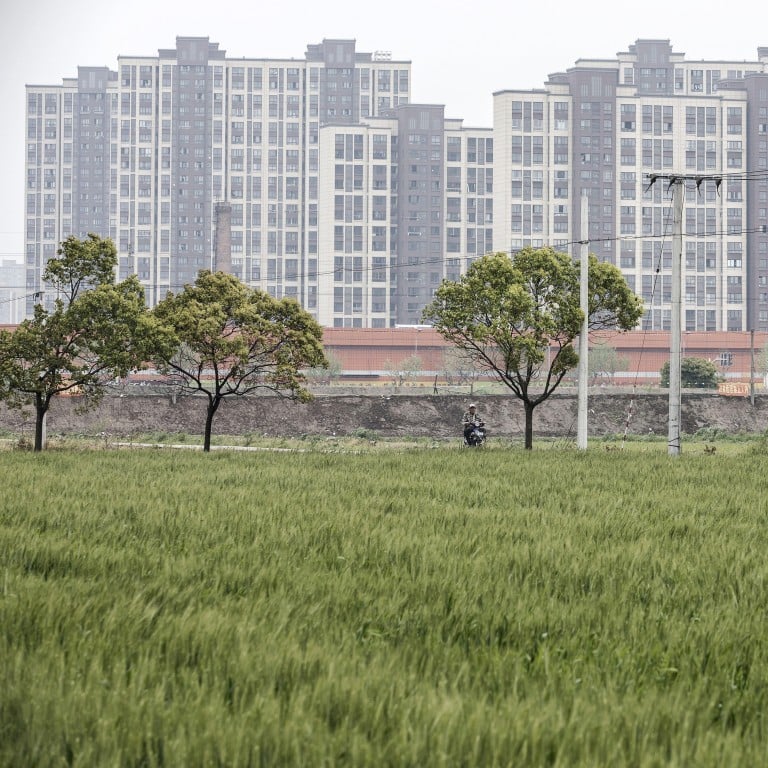
Four of China’s costliest cities scramble to knock a real estate bull run off its pace amid fear of risk and bubbling debt
- Shanghai, the country’s commercial hub, kicked off the market-cooling policies last Friday with some of the most draconian policies to limit the amount of money homebuyers can borrow for buying real estate
- That was followed within days by Shenzhen, Hangzhou and Guangzhou, some of the biggest and most affluent population centres besides Beijing
Local authorities of four major Chinese cities have erected barriers over the past week to prevent an unprecedented flood of cheap money unleashed by the central bank from buoying prices in the 17.4 trillion yuan (US$2.7 trillion) housing market.
The flurry of “measures in key cities is a very clear signal that the central government is pulling out all stops to cool the enthusiasm of buying homes, and prevent the market from overheating,” said Lung Siu-fung, a property analyst at CCB International Securities.
The value of China’s home sales defied the coronavirus pandemic and rose 8.7 per cent last year, with the average price soaring for 33 consecutive months, both records since the National Bureau of Statistics began releasing monthly data in 1991. Such lofty heights are raising concerns among policymakers during a period of economic vulnerability, amid a slower growth pace and wobbly job prospects during the coronavirus pandemic.
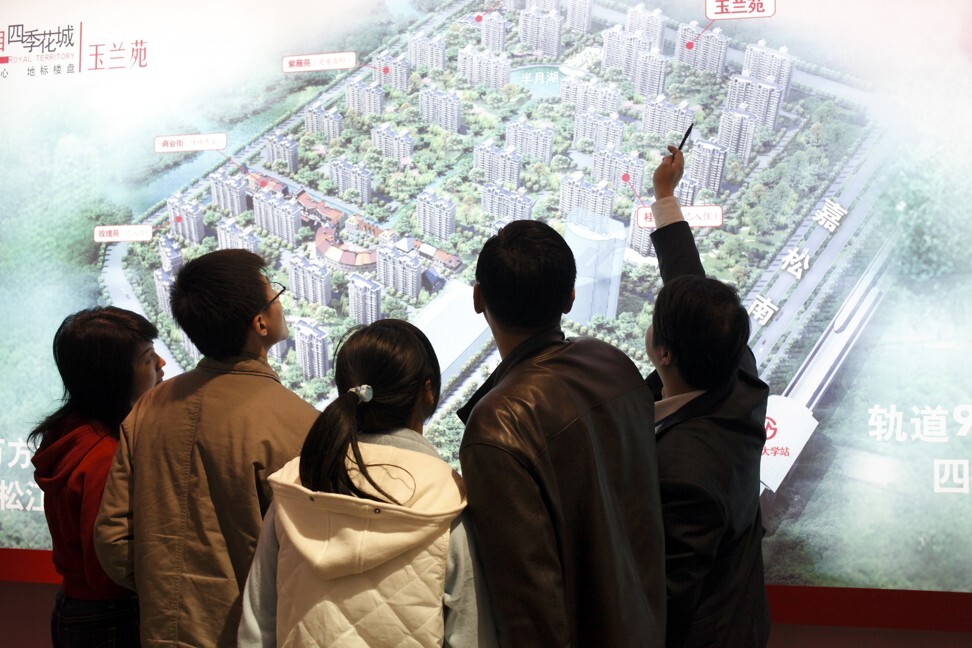
“The better-than-expected economic recovery gives the government confidence to curb the highly leveraged property sector, a key contributor to country’s economy at this moment,” said Leif Chang, head of China property research at Nomura.
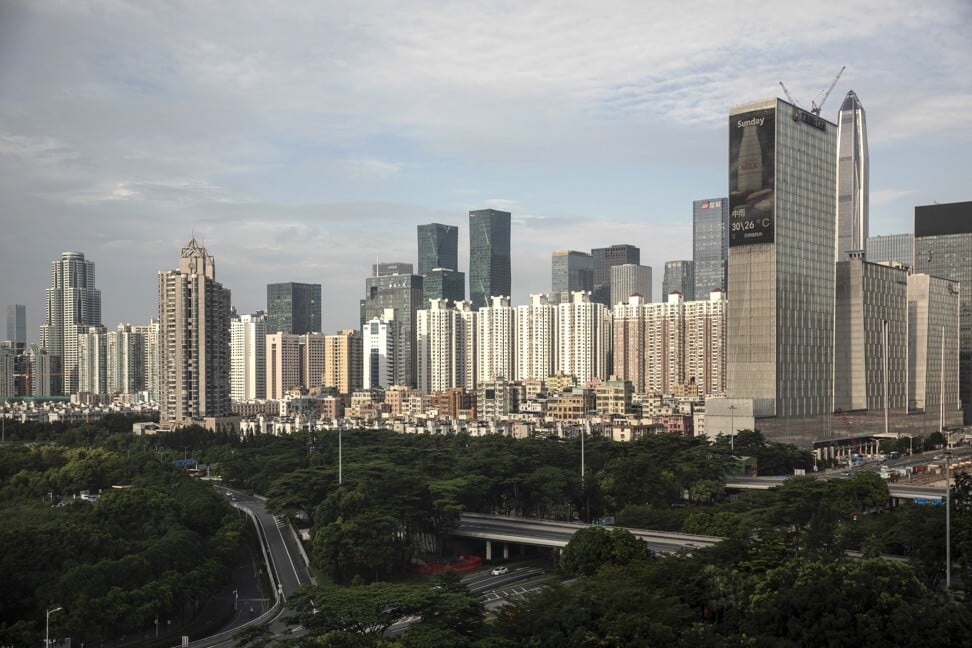
“Homes are for living in, not for speculation,” China’s deputy housing minister Ni Hong said on Tuesday during a visit to inspect the property markets of Shanghai and Shenzhen, repeating a mantra attributed to the Chinese President Xi Jinping to affirm the government’s policy to avoid using the real estate sector as short-term stimulus for economic growth.
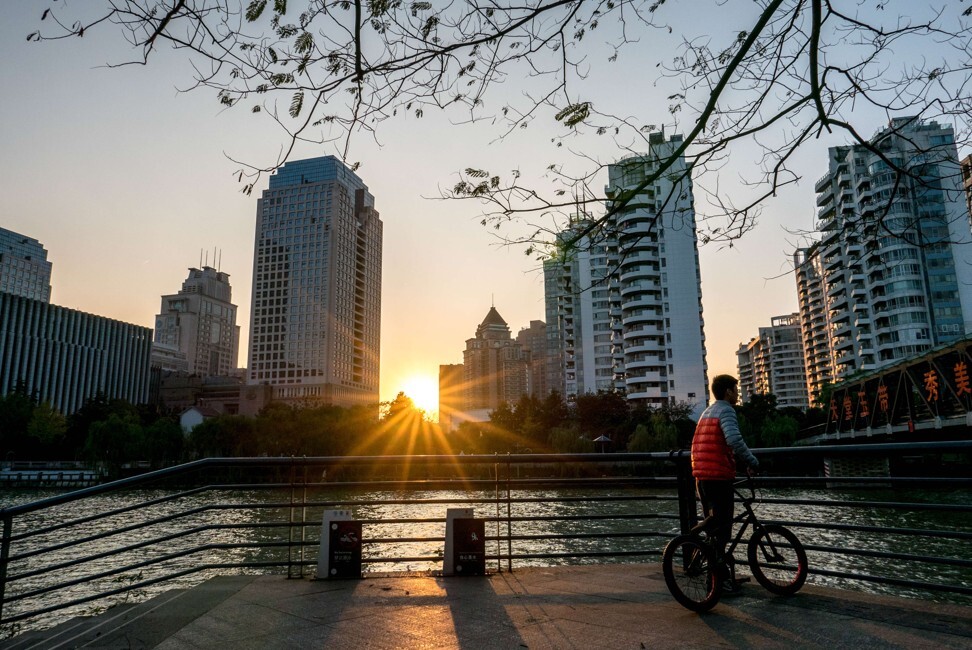
Shanghai, also on the receiving end of economic incentives, recorded a 6.,3 per cent jump, while Guangzhou’s average price surged 7.5 per cent and Hangzhou’s average rose 6.9 per cent. All four cities were among the top 10 cities with the fastest rising home prices, each one beating the national average.
“It is widely expected that China will maintain a loose monetary policy this year to drum up economic development, particularly in the manufacturing and hi-tech industries,” said Nomura’s Chang, who expects industry-wide sales to decline 2 per cent this year. “So what the government is doing now is to pre-empt and prevent the liquidity from going into the real estate market.”
Another reason for policymakers’ caution is the debt pile in the real estate industry, built up by developers – banned from selling off the plan – who resort to bank loans to finance their massive construction and housing projects. Chinese developers have surpassed state-owned steel mills, coal mines and creaky factories as the biggest corporate debtors in China, with a record 1.2 trillion yuan (US$184.7 billion) of debt due this year. That is 36 per cent more than 2020, already a record year, according to Beike Real Estate Research Institute.
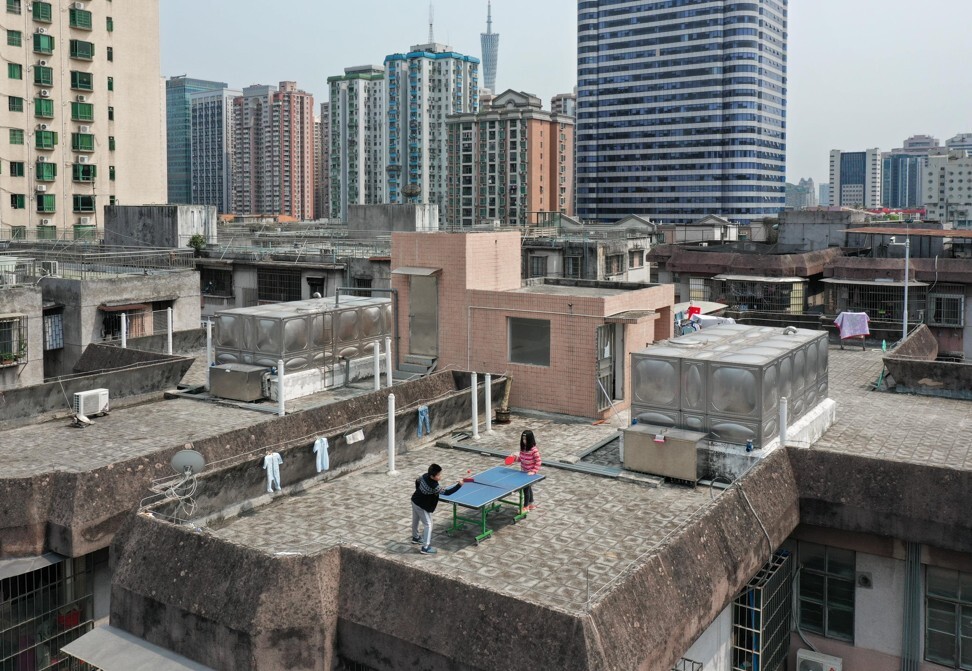
“Debt growth and high interest rates are also a risky combination, adding to China’s overall debt pressure,” said Chinese Academy of Social Sciences (CASS), a Beijing-based think affiliated with the State Council.
A new concentration management system (CMS), which took effect on January 1, limits banks’ property-related lending to their capitalisation based on a five-tier grade. The central bank’s much-vaunted “three red lines” – financial requirements that decide whether developers can borrow – have also kicked in to limit the banking system’s exposure to the property sector.
“We are expecting more cities rolling out such purchase limit measures along with tightened liquidity policies over developers this year,” said Christopher Yip, senior director of corporate ratings at S&P Global Rating, who expects China’s 2021 home sales to stay flat. “It shows the government’s commitment to stop speculation in the property sector.”

